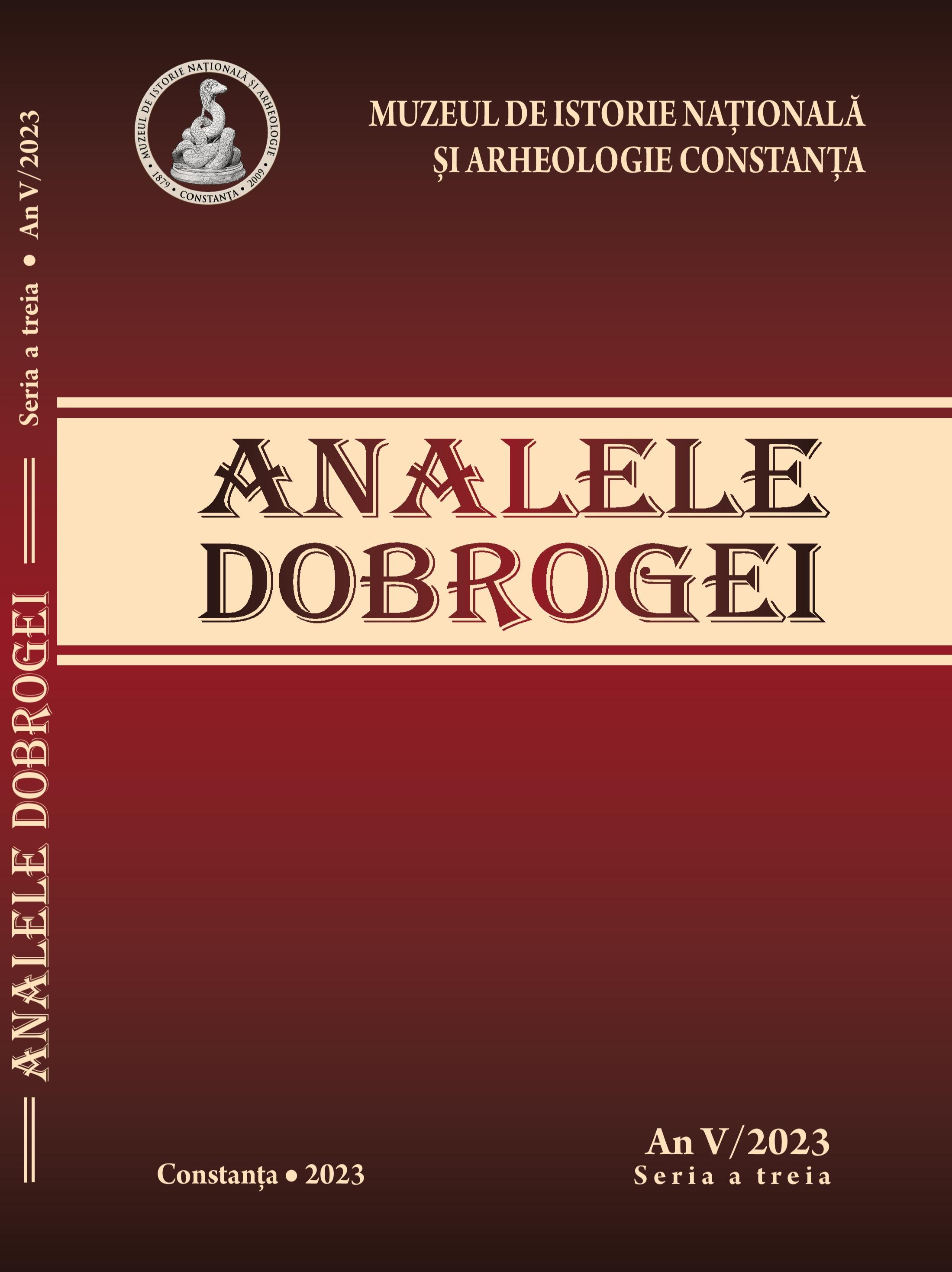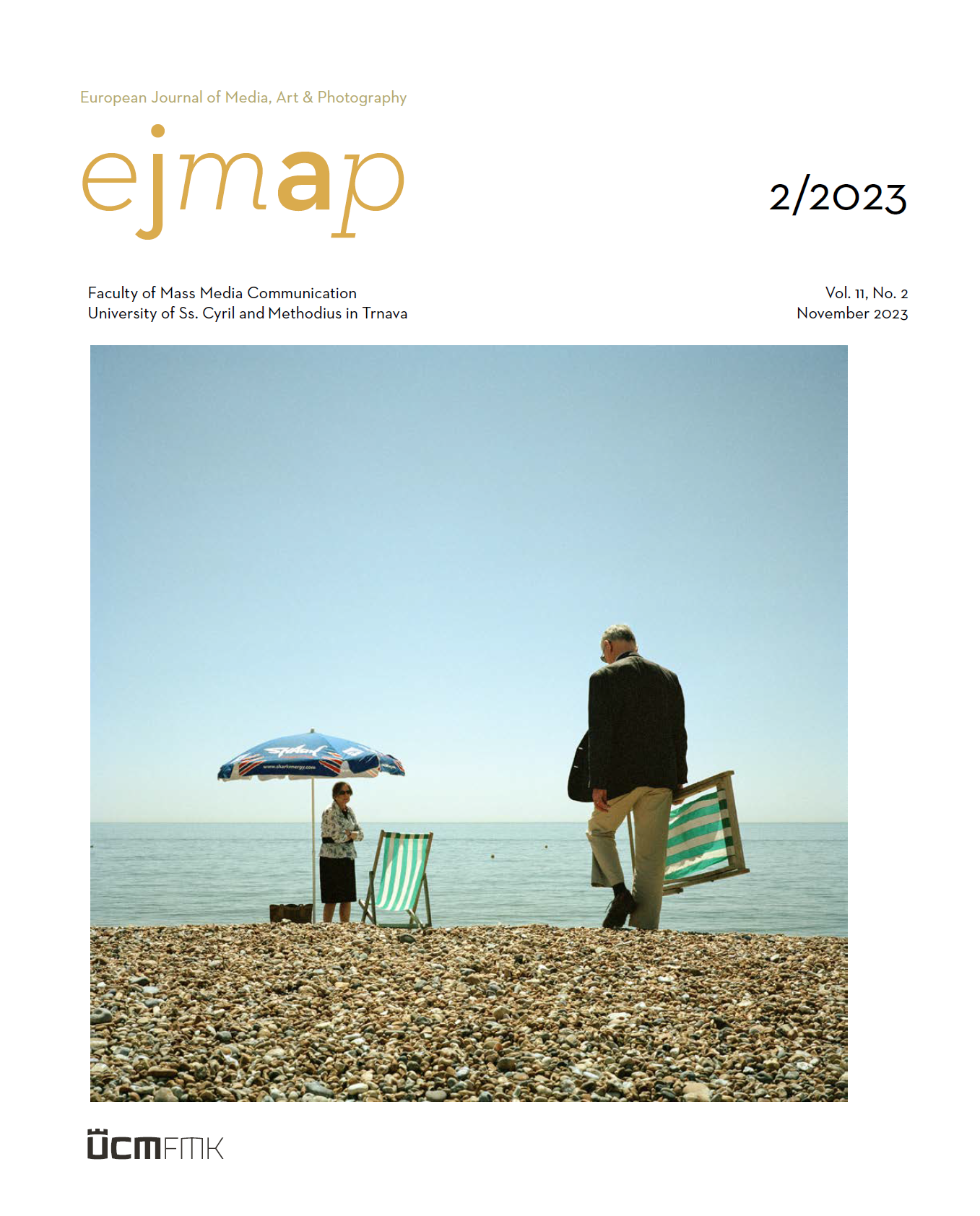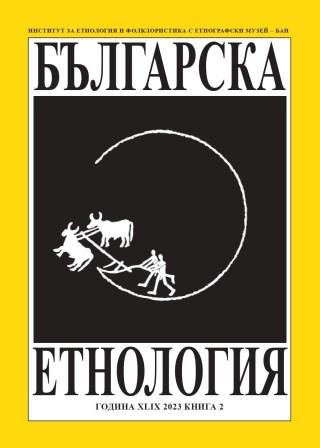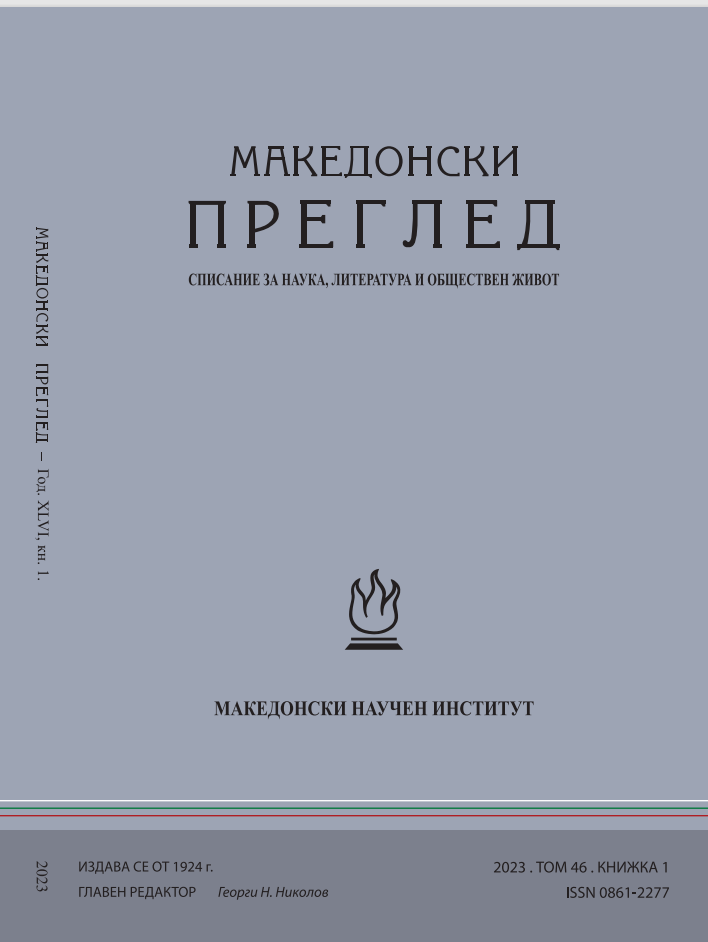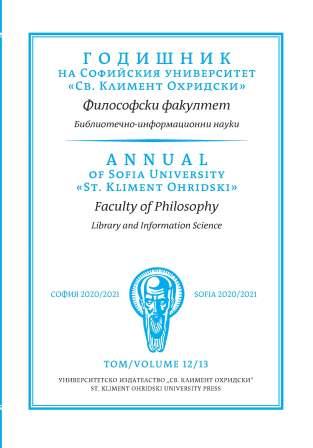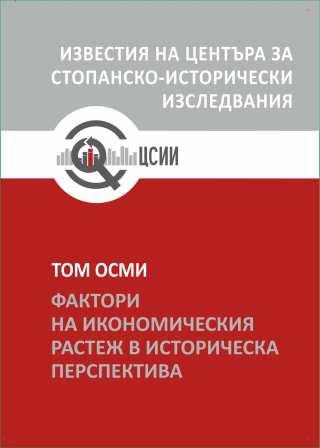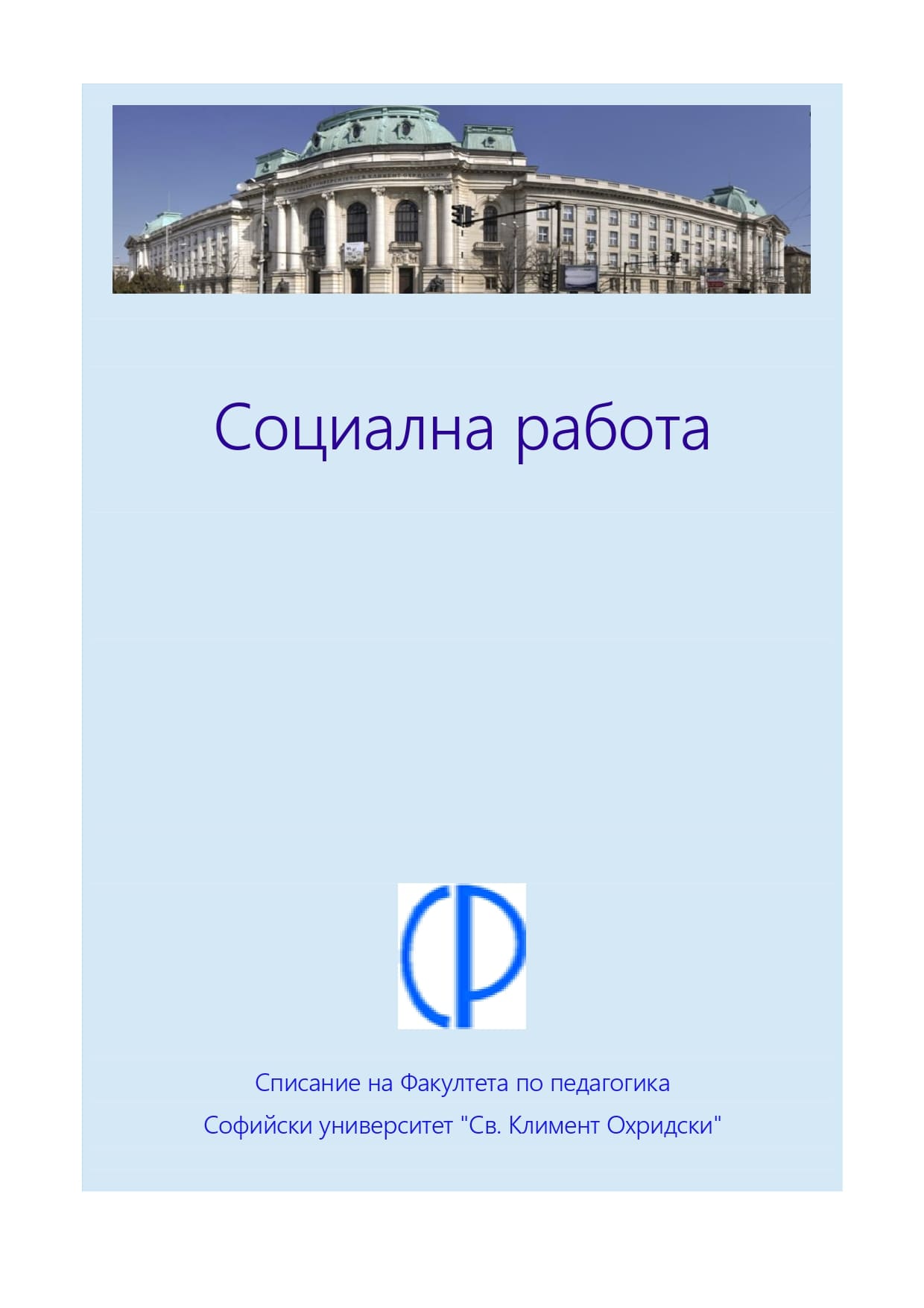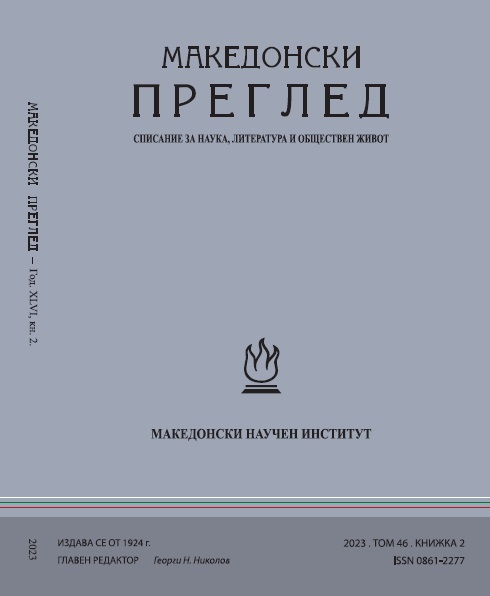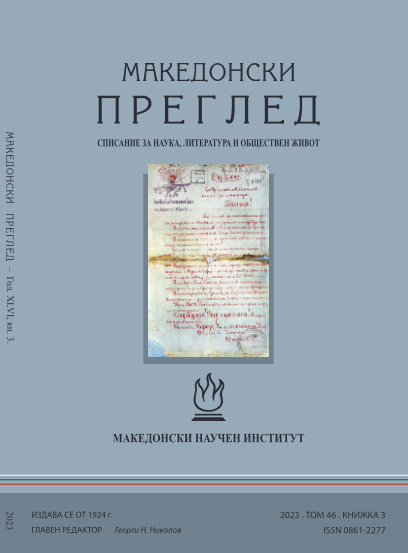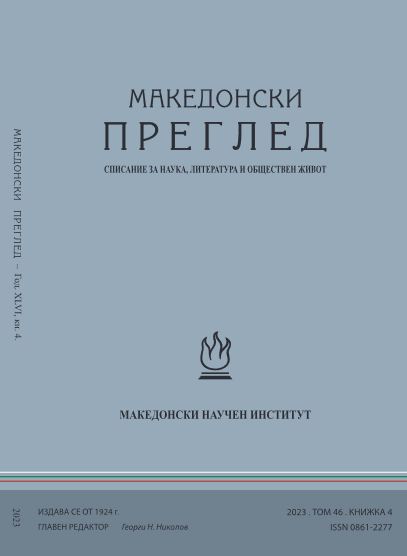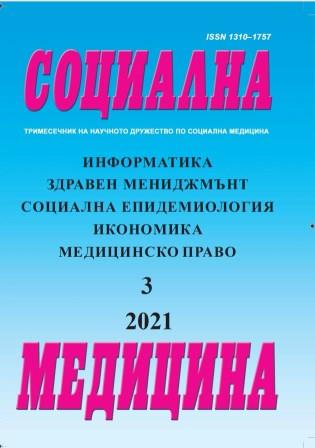
Развитие на организацията на спешната медицинска помощ в България - предизвикателство пред здравеопазната система
В началото на 70-те години спешните медицински случаи се превърнаха в политически проблем в цяла Европа. Понятието за спешна медицинска помощ обаче има по-стара история, в пресечната точка на историята на медицинските техники, лечението на пациентите и социалното възприемане на рисковете за здравето. Понятието спешна медицинска помощ наистина се появява като категория за действие на публичните власти през двадесети век благодарение на медицинските и научни иновации, както и на утвърждаването на социалната държава. Идеята за спешна медицинска помощ в болницата беше резултат от политически избори; болницата беше мястото на скрининг, подбор и установяване на йерархия за случаите в зависимост от тяхната сериозност и често представляваше последния етап от процеса на грижа, включващ различни участници с допълващи се, а понякога и конкуриращи се умения. Целта на настоящата публикация е да се направи преглед на развитието на организацията на спешната медицинска помощ в страните от европейския регион.In the early 1970s, medical emergencies became a political problem throughout Europe. However, the concept of medical emergencies has an older history, at the intersection of the history of medical techniques, patient treatment and social perception of health risks. Indeed, the concept of emergency medical care emerged as a category for public action in the twentieth century thanks to medical and scientific innovation, as well as the consolidation of the welfare state. The idea of emergency medical care in the hospital was the result of political choices; the hospital was the site of screening, selection, and the establishment of a hierarchy for cases depending on their severity, and it often represented the last stage of a care process involving different actors with complementary and sometimes competing skills. The aim of this publication is to review the development of the organisation of emergency care in the countries of the European region
More...
